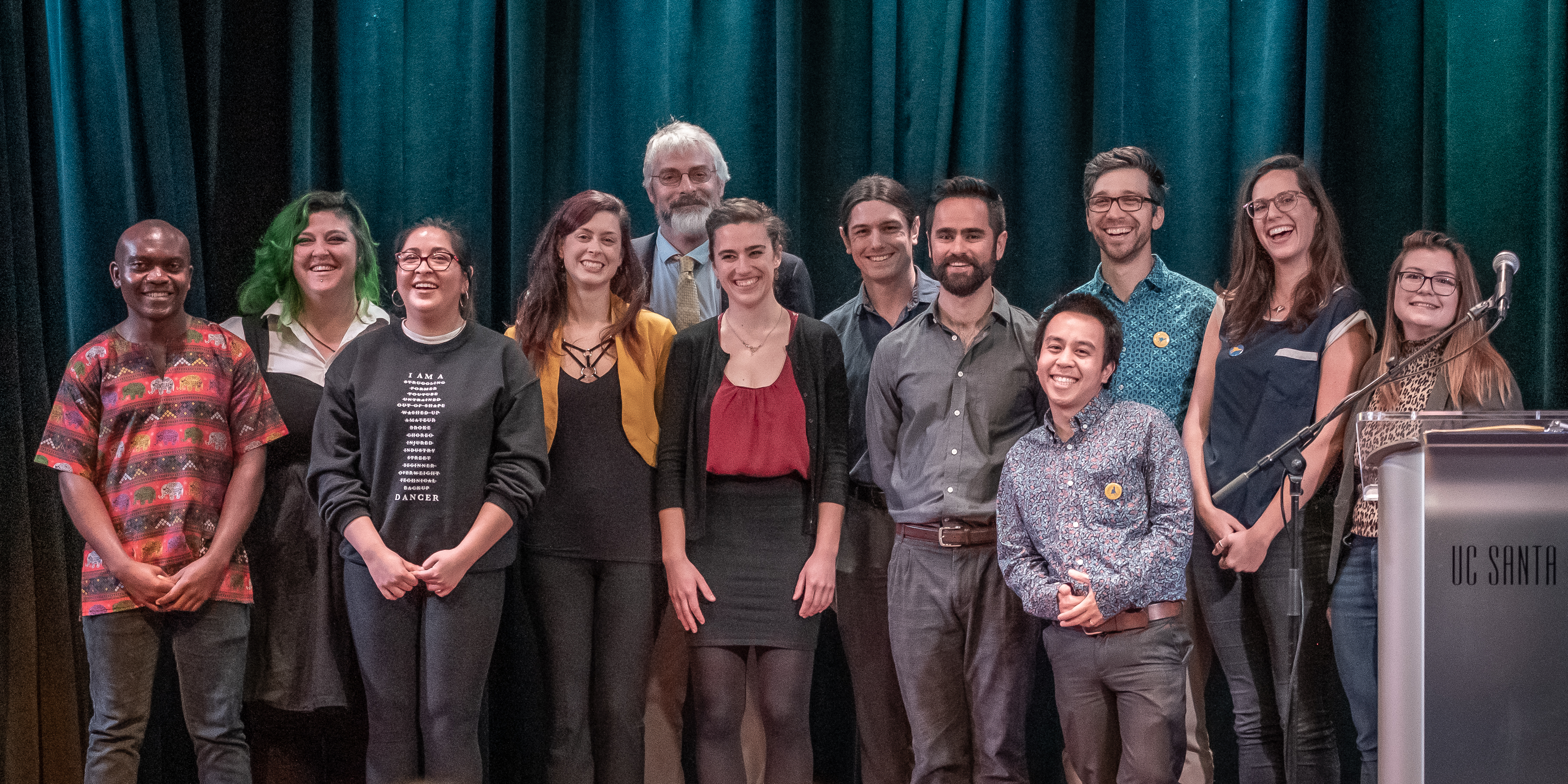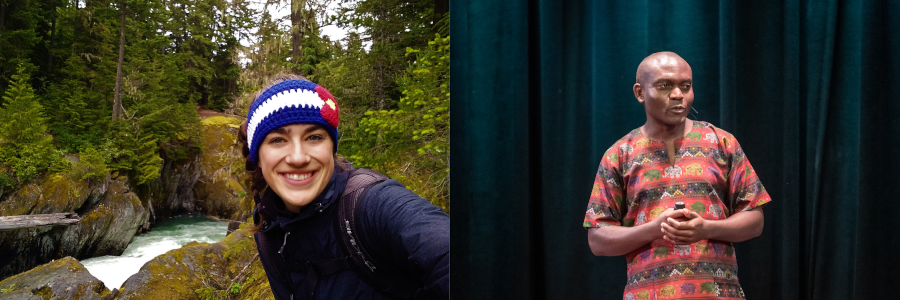
Fungi and fuel rise to the top
Grad student research stars in Grad Slam competition
“This is a handshake-free event,” said Quentin Williams during his opening remarks at the sixth annual UC Santa Cruz Grad Slam. Williams, emcee and acting vice provost and dean of graduate studies, cited growing concerns about the spread of the novel Covid-19 coronavirus. The Grad Slam, held for the second year at Kuumbwa Jazz center in downtown Santa Cruz, was one of the last university-sponsored events to occur before such gatherings were canceled in response to the global pandemic. But even though one judge and one participant were absent due to voluntary self-quarantine, coronavirus couldn’t upstage the evening’s enthusiastic presentations.
Eleven graduate students shared three-minute, public-oriented summaries of their research in UCSC’s portion of the UC-only contest, similar to the Three Minute Thesis (3MT®) competition created at the University of Queensland in Australia. A panel of nine judges, including Santa Cruz Mayor Justin Cummings and several UCSC alumni, ranked the presentations.
The participants hailed from disciplines spanning planetary science, psychology, ecology, and beyond. Amanda Carbajal, a Ph.D. student in molecular, cellular, and developmental biology, talked about how prion proteins—which cause neurological diseases in humans and other mammals—might help explain the origins of life on Earth. Environmental studies Ph.D. student Justin Luong shared his research on restoring native grasses in coastal California—check out his native grass Instagram page. Katie Hellier, a Ph.D. student in the Physics Department, discussed her work creating glass panels that double as solar panels for greenhouses. And Earth and planetary sciences Ph.D. student Ricky Garza-Girón spoke about analyzing seismic activity during volcanic eruptions to determine when these cataclysmic events have concluded.

“The presentations this year were really extraordinary—any of them could have won,” said Williams. But a champion must always be crowned, and this year the honor of both first place and the people’s choice award (a combined $3,750) went to Tori Klein, a fifth-year Ph.D. student in the Chemistry and Biochemistry Department. Klein presented her research on using compounds made by a parasitic fungus to block growth of cancerous cells (“Using zombie insects to find a cure for cancer”). “One of my favorite parts of science is communicating it to a non-scientific audience,” she said. “It means a lot to me that everyone's excited about biochemistry—it’s usually not the most popular subject in school.”
Second place (and $1,500) was awarded to Abel Mkulama, a first-year M.S. student in the Coastal Science and Policy Program. Mkulama, who grew up in Malawi, presented his work developing fuel briquets for cooking from agricultural waste to reduce deforestation and indoor air pollution in his home country (“How briquets can prevent deforestation and save lives in Malawi”). “Communicating my research is how I can get people to act on it,” he said. “And the Grad Slam provides an opportunity to share it in the most concise way.”
Klein would have represented UCSC at the final round of the UC-systemwide Grad Slam on May 8, but the event was canceled due to the Covid-19 pandemic. To watch past presentations, head to gradslam.universityofcalifornia.edu.

